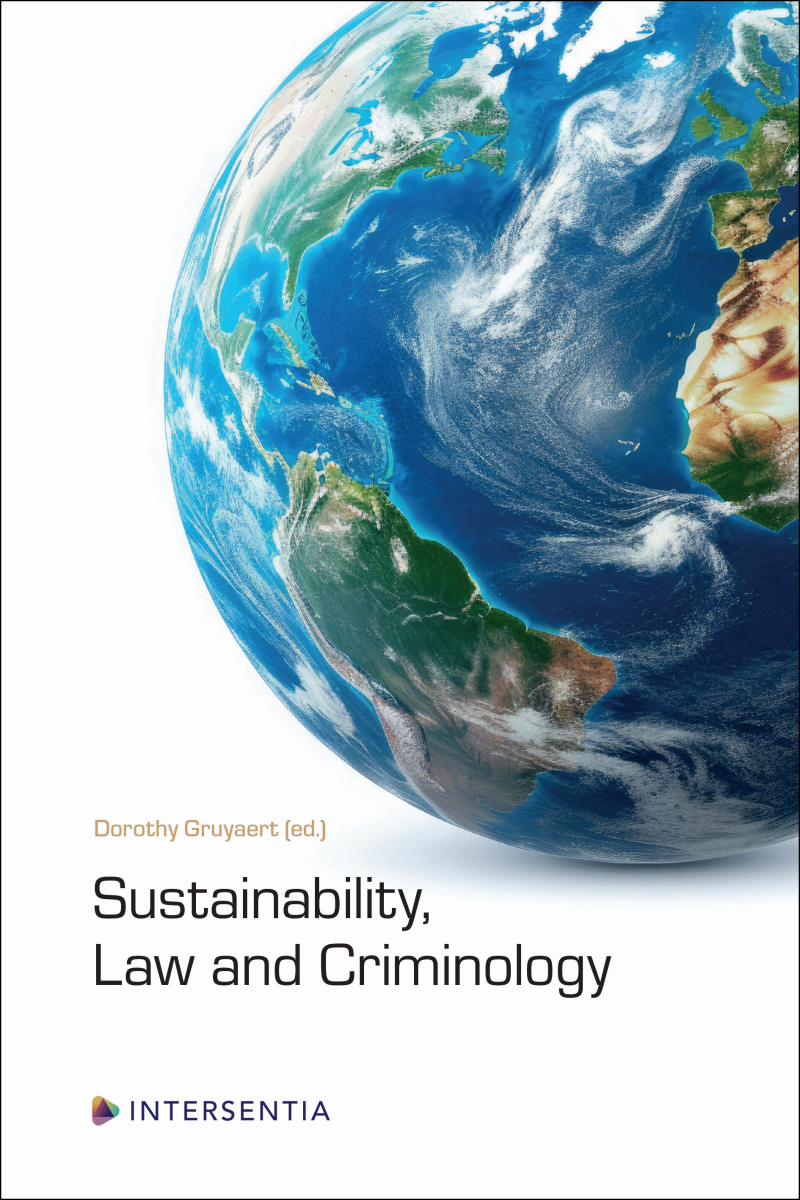1. In 2022 haalde het welbekende outdoormerk Patagonia de krantenkoppen toen oprichter Yvon Chouinard alle aandelen in Patagonia Inc. wegschonk aan een trust en een non-profitorganisatie. Patagonia Perpetual Purpose Trust ontving alle aandelen met stemrecht. De aandelen zonder stemrecht en mét winstrechten gingen naar de non-profit organisatie Holdfast Collective. De trust moet haar stemrechten op de algemene vergadering van Patagonia Inc. uitoefenen in lijn met de waarden van Patagonia Inc. en Holdfast Collective moet de dividenden die ze ontvangt van Patagonia Inc. gebruiken om de klimaatcrisis tegen te gaan. “Earth is now our only shareholder” luidde het. Op deze manier hoopte Yvon Chouinard de missie van Patagonia Inc. op lange termijn veilig te stellen.
2. De nieuwe eigendomsstructuur van Patagonia wordt gezien als een schoolvoorbeeld van steward ownership. Het begrip steward ownership vindt zijn oorsprong in Duitsland, waar het door de Purpose Foundation werd gelanceerd. Sindsdien is de steward ownership-beweging wereldwijd in opmars. In steeds meer landen ontstaan organisaties die het model promoten, zoals Steward-Owned in België. Heel wat literatuur over steward ownership is sterk gebaseerd op publicaties van dergelijke organisaties en daardoor soms een tikkeltje idealistisch. Het doel van deze bijdrage is om het fenomeen met een open blik, maar ook kritisch onder de loep te nemen.
Continue reading “Steward ownership: enkel nobele intenties?”

